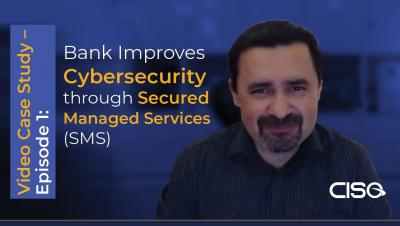Security | Threat Detection | Cyberattacks | DevSecOps | Compliance
MSSP
Navigating economic uncertainty with managed security services
Uncertainty looms large on the horizon as businesses deal with the difficulties of a downturn in the economy. Financial limitations, workforce reductions, and rising cyber threats exacerbate the complexity of such times. Organizations must prioritize their core competencies in this constantly changing environment while protecting their valuable assets from potential risks. By utilizing managed security services, organizations can achieve this delicate balance.
MDR vs MSSP vs SIEM - a guide for threat detection
The Benefits of Managed Security Services
If your company is not using managed network security services, then it's time to start. Here are the benefits of managed security for your business.
How do you choose an MSSP
Businesses in all industries face a constant barrage of threats and attacks. For government contractors (GovCons) handling sensitive information, ensuring robust security measures is paramount. A Managed Security Services Provider (MSSP) can be a valuable partner in safeguarding your organization’s critical assets. In this section, we will explore what an MSSP is, why GovCons need one, how to choose the right MSSP, and the essential questions to ask before hiring one.
SIEM vs. MSSP vs. MDR: An Essential Guide
The CIOs Guide to Preventing Ransomware Attacks
Ransomware attacks are one of the biggest threats that CIOs and their teams face today. The impact of a ransomware attack can be daunting, crippling business operations and causing significant financial losses.
How Banks Improve Cybersecurity through Secured Managed Services (SMS)
How to Scale Your Security Services with an MSSP Program
With the ever-increasing threat management complexity of cyber threats, Managed Service Providers (MSPs) are turning to MSSP programs to help them scale their security services and provide better protection for their clients.











